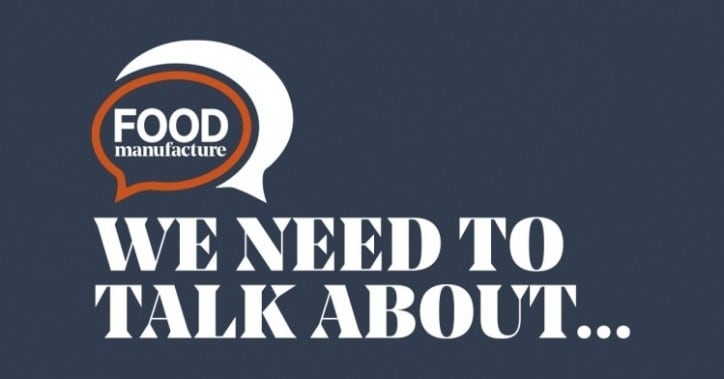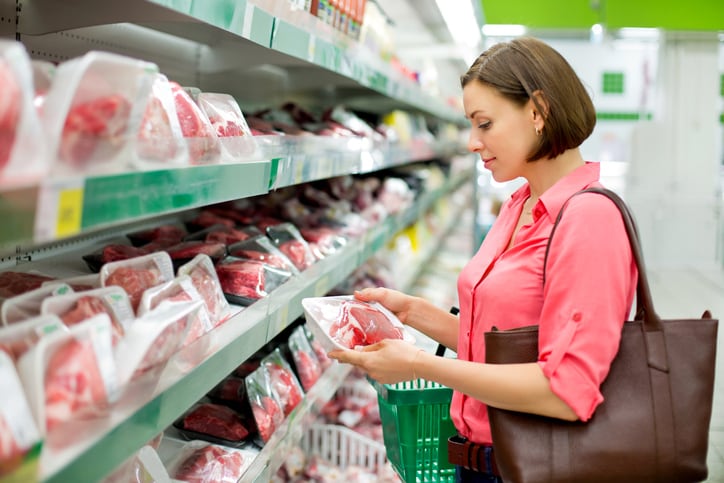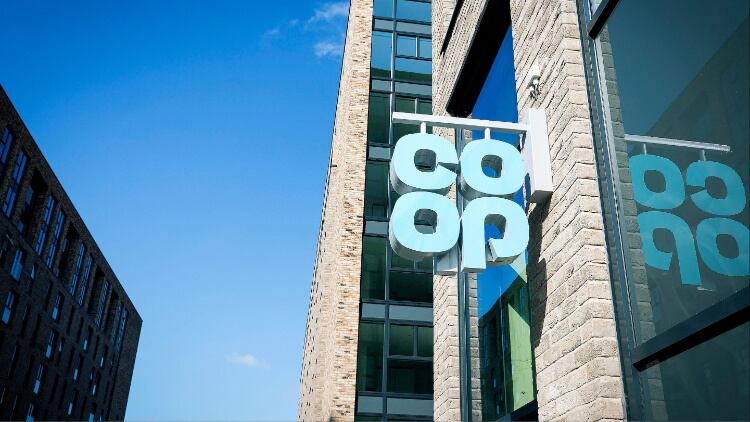We are fast approaching the first major milestone for the UK’s Border Target Operating Model: 31 January. This is when the requirement begins for export health certificates for imports of all medium risk plant and animal products and high-risk food and feed of non-animal origin.
Given the imminence of the deadline, some might wonder why I want to turn my sights instead to a date that is still months away.
While the official phased implementation of ‘Not For EU’ labelling across Great Britain doesn’t start until 1 October 2024, for the food supply chain that will arrive in the blink of an eye. Any significant labelling change needs to be planned far in advance, but this is on another scale again.
Of course, all meat products and some dairy products moving from GB for sale solely in Northern Ireland already needed to be individually labelled ‘Not for EU’ from 1 October 2023.
However, from 1 October this year all meat and dairy products imported from the EU and, in some cases, the rest of the world, to GB will also require the same individual labelling. And from 1 July 2025, that requirement will be extended to imports of composite foods, fruit, vegetables and fish.
Readers may already have seen examples of ‘Not for EU’ labelling for some products already being sold in GB, including, in a case of delicious irony, on packs of Brussels Pate. In some instances, producers supplying NI and GB have decided that using one set of packaging is the least expensive option.
For many others, though, the prospect of labelling packs for GB ‘Not For EU’ is a nightmare. These are companies supplying the same product lines to EU and GB markets. Some are even operating in the EU. Clearly, they can’t label products destined for the EU ‘Not for EU’, so they will have to split these lines in two, printing separate labelling for each or applying stickers to every product.
We know from feedback we have received from multiple members that any contingency option would add millions of pounds to their costs and slow down production and distribution. These costs would be spread throughout the supply chain, affecting UK companies as much as EU ones.
We also know from social media feedback that in some cases UK consumers are interpreting ‘Not for EU’ labels to mean ‘not good enough for EU’ and this may hit sales.
What makes this situation even more frustrating is that there is no basis for such an approach either in the Trade and Cooperation Agreement or in the Windsor Framework. It is simply an operational position being taken by officials, which is bound up with continued wider trade talks with the EU.
The Provision Trade Federation has written to Stephen Barclay, secretary of state for the Department for Environment Food and Rural Affairs calling for this approach not to be taken. This letter has also been sent to deputy speaker Sir Roger Gale and Lucy Neville-Rolfe, minister of state at the Cabinet Office.
Other stakeholders met Sir Roger Gale this week to outline the issue, which requires urgent resolution to save businesses millions in needless costs. However, the feedback received suggests the whole story is not being passed on to ministers.
We continue to press the message so it reaches the right ears and a sensible solution can be found, as the clock is ticking …
UPDATE: An agreement was reached between the UK Government and the DUP in Northern Ireland on 29 January, meaning that 'Not for EU' labelling has been now been written into draft UK legislation.




